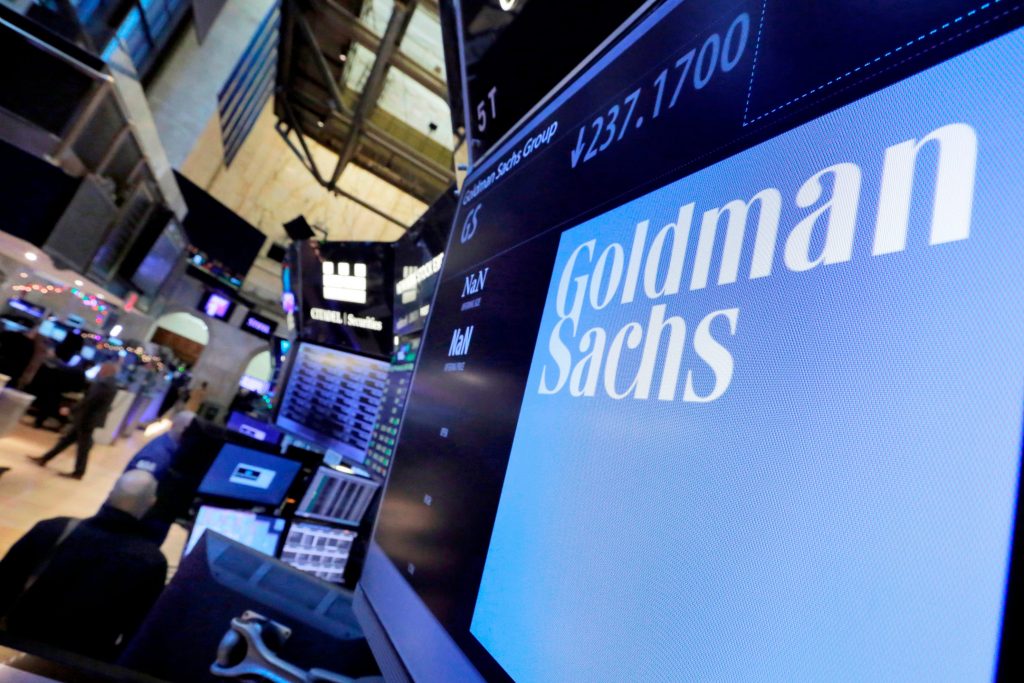- Goldman Sachs' chief economist said strong balance sheets in the private sector can help bolster the economy in a recession.
- Jan Hatzius reiterated that the risk of a downturn is one in three over the next 12 months, but 50% over two years.
- For now, Goldman sees the economy growing significantly below trend with the labor market rebalancing and inflation coming back down, he added.
Goldman Sachs thinks a US recession is unlikely this year, but if one hits it likely will not be that severe, according to the bank's chief economist, Jan Hatzius.
Earlier this week, Goldman Sachs analysts said the risk of a US recession coming within a year has doubled, from 15% to 30%. And over the next two years, that risk is at 50%.
Hatzius reiterated those estimates Friday and maintained a recession is not in his baseline forecast.
"I think if we do have a recession, it's likely it'll be on the shallow end for two reasons," he told Bloomberg TV. "One, private sector balance sheets are in better shape than at the end of previous business cycles. And two, while inflation is very high I don't think it's as entrenched, certainly not as entrenched in expectations, as it was in previous high inflation episodes, 70s, early 80s."
For now, Goldman sees the economy growing significantly below trend with the labor market rebalancing and inflation coming back down, Hatzius added.
In Goldman's note earlier this week, analysts also noted that wages are unlikely to spiral upwards in a way that would push the Federal Reserve to turn even more hawkish.
Last week, the Fed hiked rates by 75 basis points, the largest increase in borrowing costs since 1994. The move followed a hot inflation reading of 8.6%, which was above expectations. But Goldman doesn't forecast any additional rate hikes in 2023 because the economy has already shown signs of decelerating.
"There's a very significant risk of recession, I think it has gone up, because it's very difficult to reduce labor demand without the deterioration feeding on itself and ultimately culminating in a recession," Hatzius told Bloomberg on Friday.
